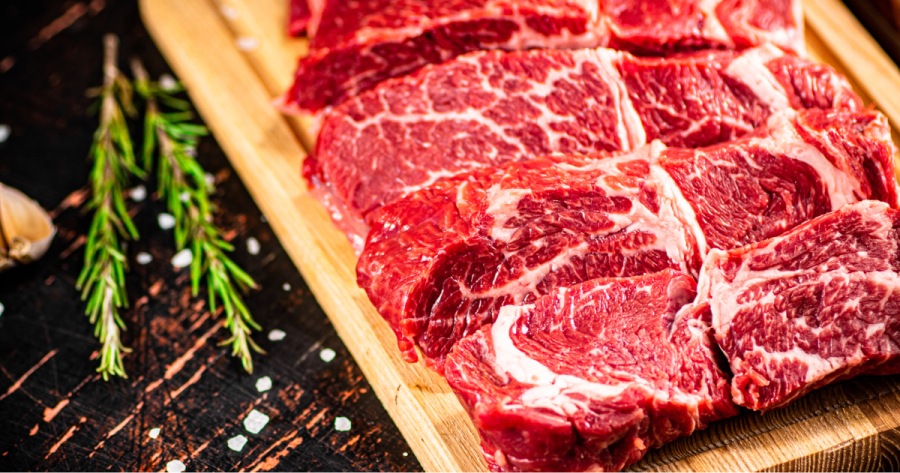Frequent Red Meat Consumption Linked to Kidney Damage?

Red meat is often flagged as unhealthy, especially for those concerned about kidney health, because it puts extra strain on the kidneys and increases waste levels in the blood. Recent research from Singapore found that frequent red meat consumption may raise the risk of kidney problems by as much as 40%.
Why Is Red Meat a Concern?
When you eat a lot of red meat, your body produces more waste products like urea and creatinine as it breaks down the protein. The kidneys are responsible for filtering these substances out of your blood. Consistently high levels force the kidneys to work harder, which can, over time, reduce their efficiency and lead to damage.
In people who are already at risk, such as those with high blood pressure or blood sugar levels, this extra strain can accelerate the decline in kidney function, increasing the chances of chronic kidney disease or even kidney failure.
3 Kidney-friendly protein foods
If you’re looking to protect your kidneys while still getting enough protein, here are three great alternatives to red meat:
Fish (especially salmon or tilapia)
Fish is a lean source of protein and is generally easier on the kidneys compared to red meat. Salmon, in particular, is also rich in heart-healthy omega-3 fatty acids.
Egg Whites
Egg whites are a high-quality protein source with less phosphorus than whole eggs, making them a great choice for kidney health.
Tofu or Other Plant-Based Proteins
Tofu, beans (in moderation), and lentils provide plant-based protein that’s generally easier for the kidneys to process. Tofu is especially gentle, low in sodium, and easy to incorporate into various dishes.
What Else Can You Do to Support Your Kidneys?
If you want to take your kidney health to the next level, consider adding extra support beyond just dietary changes. DTS may be an ideal choice.
Formulated with traditional Japanese Kampo ingredients, DTS offers antioxidant and anti-inflammatory benefits that help protect kidney cells from oxidative damage. By reducing inflammation and supporting your body’s natural defenses, DTS can be a simple addition to your routine for maintaining healthy kidney function.
With the right combination of healthy habits and targeted support like DTS, you can give your kidneys the care they deserve for lasting wellness.
- *所有研究及臨床數據應作為參考用途,實際效果因個人體質而異。




